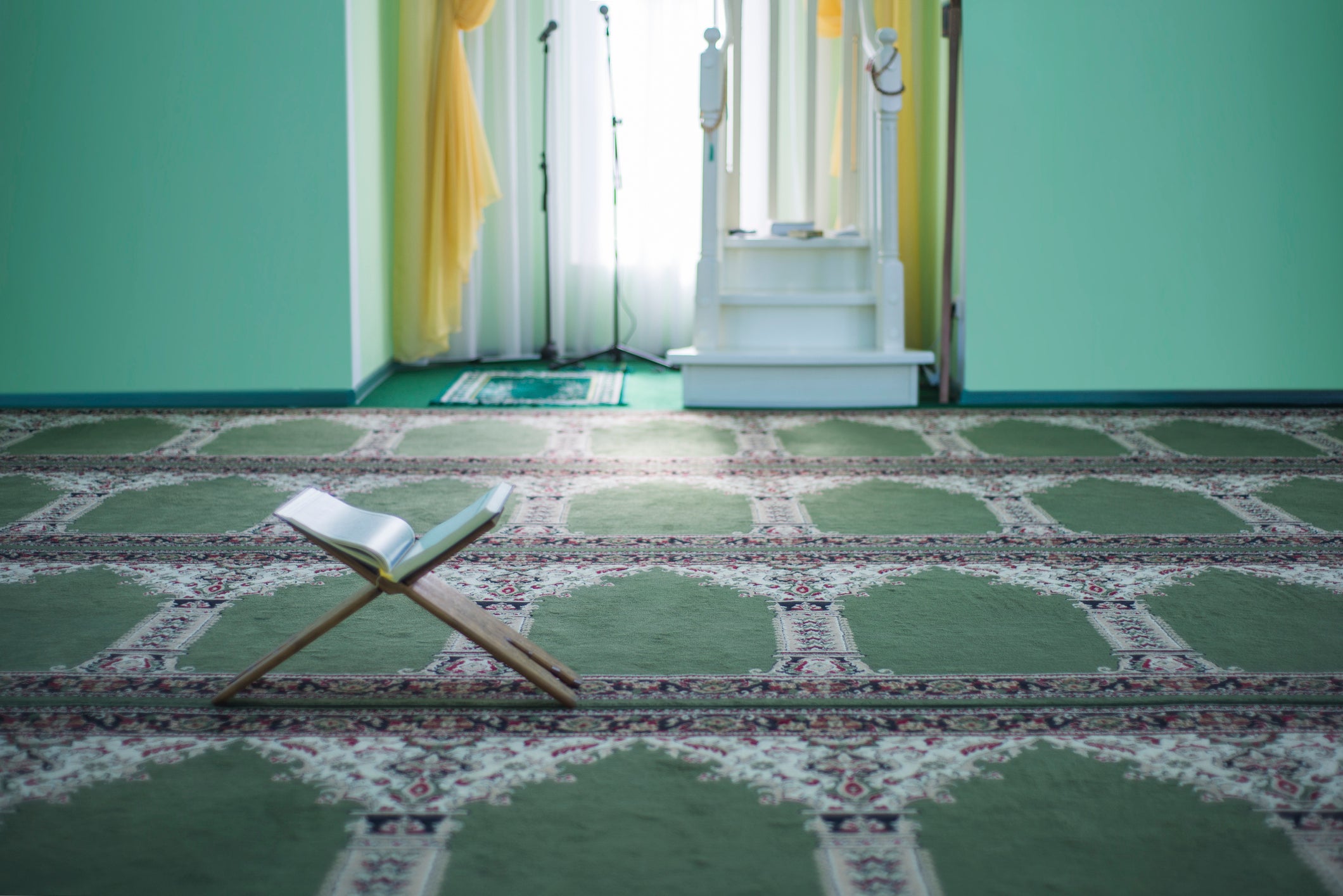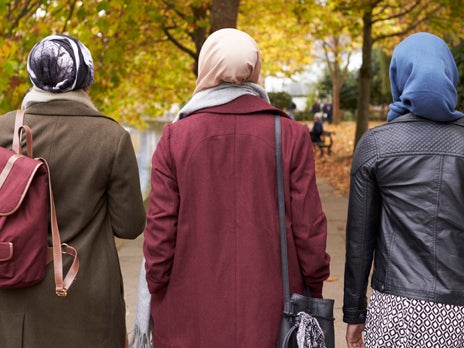One in five British Muslims have used food banks due to rising living costs
Around 50 per cent of Muslims in Britain are considered to be in poverty, compared to 18 per cent of the wider population

Your support helps us to tell the story
From reproductive rights to climate change to Big Tech, The Independent is on the ground when the story is developing. Whether it's investigating the financials of Elon Musk's pro-Trump PAC or producing our latest documentary, 'The A Word', which shines a light on the American women fighting for reproductive rights, we know how important it is to parse out the facts from the messaging.
At such a critical moment in US history, we need reporters on the ground. Your donation allows us to keep sending journalists to speak to both sides of the story.
The Independent is trusted by Americans across the entire political spectrum. And unlike many other quality news outlets, we choose not to lock Americans out of our reporting and analysis with paywalls. We believe quality journalism should be available to everyone, paid for by those who can afford it.
Your support makes all the difference.Around one in five British Muslims have had to use food banks since last August due to the rising cost of living, according to a new report.
Research by Muslim Census revealed that over half of British Muslims had some difficulty when paying at least one of their household bills, with a further 65 per cent having to take out some form of debt to manage everyday costs.
Around 50 per cent of the Muslim population in Britain are considered to be in poverty, compared to 18 per cent of the national population, according multiple reports.
The study, supported by Algbra and the National Zakat Foundation, surveyed over 1,500 Muslims living in the UK on how they have been impacted by the cost of living crisis.
They found that 54 per cent of British Muslims faced difficulty in paying at least one of their household bills since August 2021, with a further 13 per cent experiencing difficulty every single month in the same time period.
To manage these difficulties, 65 per cent of Muslims had to take out some form of debt to manage their everyday costs and bills since August 2021.
This included relying on their credit cards, utilising an overdraft or a buy now, pay later scheme or having to take out a long-term or pay-day loan, with those in low household incomes and in receipt of benefits, social or council housing disproportionately impacted.
Some 40 per cent of British Muslims have also had to choose between paying one bill at the expense of another, and almost one-third have reporting having to miss a meal to afford their household bills in the last year.
A further 19 per cent of respondents said they have relied on food banks in the last 12 months, with the majority of those – 65 per cent – using food banks within the last three months.
This worsens to almost half – 48 per cent – for British Muslims with household incomes of between £20,001 and £40,000, in comparison to 8 per cent of Muslims with household incomes over £100,000.
The survey also found disparities within ethnic background and location, with Black, African British Muslims and those living in the North West most affected by rising living costs.

One in five Black, African British Muslims struggled to pay at least one of their bills every month compared to 13 per cent of all those surveyed, and those living West Midlands (38 per cent) and the North West (40 per cent) reported missing meals to afford bills at a higher rate to those in London (30 per cent).
British Muslims have said that their hopes are “gone” amid the cost of living crisis and they are very “worried” about their futures.
“My hope of owning a house on my own has now gone,” said one respondent. “I have two dependents who get no benefits and [with] the cost of food and energy increasing, [I’m] worried about my long-term financial management.”
“The cost of living crisis has personally changed how I feel about spending money on myself and treating myself. I almost feel guilty and worry about how it could get so much worse,” shared another.
Digital finance platform Algbra, who supported the study, said: “We know the current financial system is not doing enough for [diverse] communities and this report highlights how one such community is disproportionately affected by the cost of living crisis.”



Join our commenting forum
Join thought-provoking conversations, follow other Independent readers and see their replies
Comments